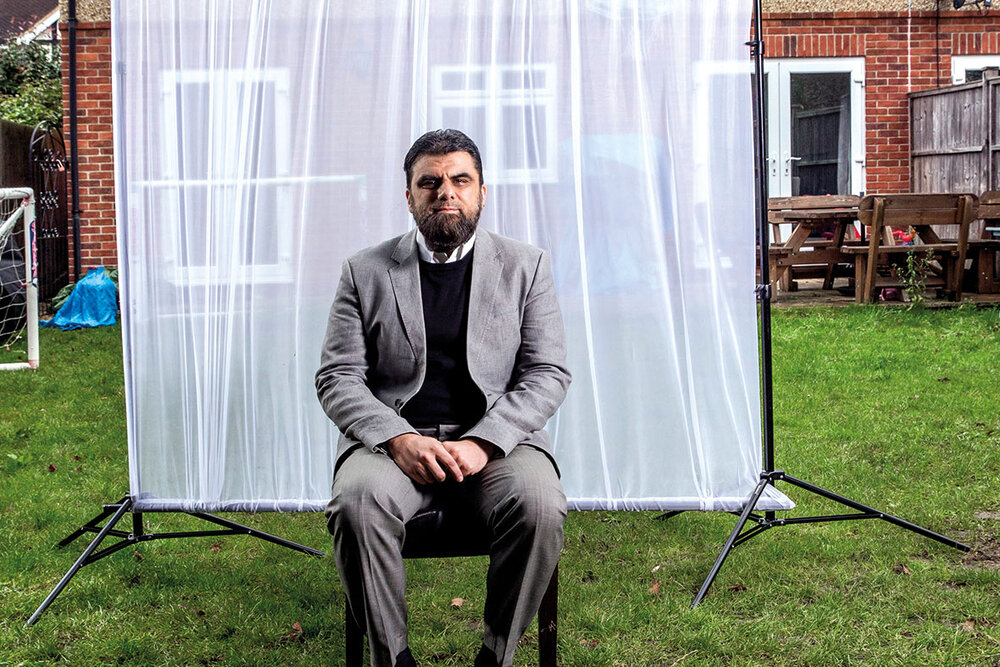Hawzah News Agency - When Kashif Shabir began consulting on a major transformation programme at Muslim Aid UK, it was “in absence of understanding the depths of its problems” – and with no idea he would soon become a director of the charity, and within a year take the helm as its interim chief executive.
Despite harbouring some reservations about the organisation at the time, he felt a sense of responsibility that compelled him to take on the challenge. “There is no doubt the charity is an institution of our community,” he says.
This is far more than a figure of speech for Shabir, who was born and raised in London’s East End. His father and uncles ran a family business just off Brick Lane – and Muslim Aid’s headquarters were built right across the street.
“We used to walk down to the factory every day,” he remembers. “My mum would go down there, after picking us up from school, to help my dad out – on foot between Brick Lane and Whitechapel, past the East London Mosque, we walked past that office space.”
Yet it would be many years, and a very roundabout career path, before Shabir stepped through the doors of the charity. After leaving school he studied computer science at Kings College London, before spending his early career working as a programmer at the rapidly expanding telecommunications company Nokia. The organisation was the biggest mobile phone manufacturer in the world; when Shabir applied for a job at a networking start-up in Mountain View, he was several emails into the process before he realised the role was based in Silicon Valley.
“I thought: California? I can’t go to America. It was the other side of the world, and until that point no one in our family had even moved out to go to university,” he says. “The only time you left the family home was when you got married or were thrown out for doing something stupid.”
But the opportunity was too good for him to pass up. In a bid to reassure his family, Shabir said he would only go for a year, to gain valuable experience. He ended up staying for 14 years: getting married, having his first two children, and going out of his way to explore the cultural melting pot of the Golden State.
By the time the family relocated back to London, Shabir had travelled the world with the company, visiting Canada, Singapore, Australia and Europe – and volunteering or working pro bono for charities throughout.
“I had been exposed to these different ways of working, and during this time I was always volunteering, in the US and in the UK,” he says.
“There seemed a really big gap in the skill sets and the knowledge that the commercial sector and the charity sector benefited from, when it came to developing different strategies and working together on process, vision and mission statements.”
He decided to harness his expertise from working with a global corporation to help charities to bridge these gaps, first on a pro bono basis, then setting up his own consultancy, with the help of a grant from former employer Nokia, in 2012. He went from working with small and local faith-based charities to driving change at larger organisations including Oxfam, where he spent almost two years as head of knowledge management and learning, and British Red Cross, where he worked on a digital transformation programme.


Your Comment